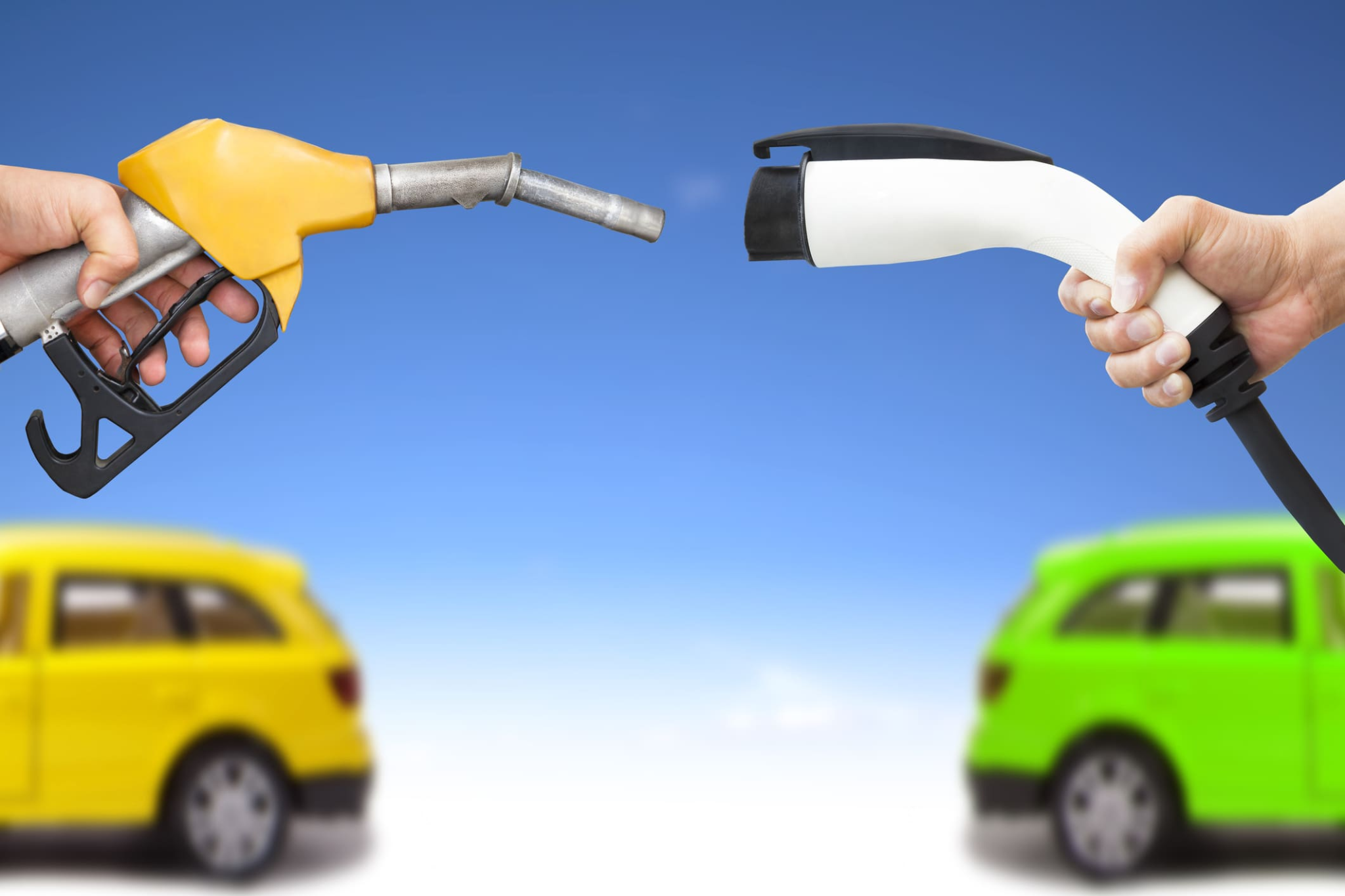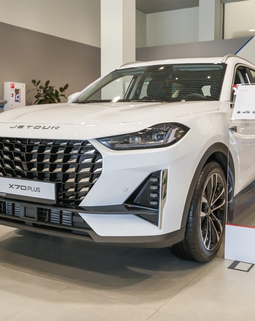The question of hybrid vs petrol fuel economy is a common one for car buyers seeking to minimize their running costs and environmental impact. While hybrid vehicles are often marketed as the fuel-efficient choice, the reality is more nuanced. This article delves into the details, comparing fuel consumption, explaining how hybrids work, and ultimately helping you decide which type of vehicle is the more economical choice.
How Hybrid Cars Achieve Fuel Efficiency
Hybrid cars combine a conventional gasoline engine with an electric motor and a battery pack. This allows them to achieve better fuel economy in several ways:
-
Regenerative Braking: When you brake in a hybrid, the kinetic energy that would normally be lost as heat is captured and used to recharge the battery. This recovered energy is then used to power the electric motor.
-
Electric Motor Assistance: The electric motor assists the gasoline engine during acceleration and at low speeds, reducing the load on the engine and saving fuel.
-
Engine Shut-Off: In many hybrid vehicles, the gasoline engine automatically shuts off when the car is stopped or coasting, eliminating idling fuel consumption.
-
Smaller Engine: Hybrids often utilize smaller, more efficient gasoline engines because the electric motor provides supplementary power.
Comparing Fuel Consumption: Numbers and Reality
On paper, hybrid cars generally boast significantly better fuel economy figures (MPG or L/100km) than comparable petrol-only cars. For example, a hybrid version of a popular sedan might achieve 55 MPG, while the petrol-only version might get 35 MPG.
However, the real-world difference can vary depending on several factors:
-
Driving Style: Aggressive driving (hard acceleration and braking) will significantly reduce the fuel efficiency of both hybrid and petrol cars. Gentle, consistent driving maximizes the benefits of a hybrid system.
-
Driving Conditions: Hybrids excel in city driving with frequent stops and starts, where regenerative braking can be most effective. On the highway, at constant high speeds, the fuel economy advantage of a hybrid may be less pronounced.
-
Battery Condition: The battery pack in a hybrid is a crucial component. Over time, its capacity can degrade, potentially reducing fuel efficiency.
-
Temperature: Cold weather reduces battery's performance.
Beyond Fuel Economy: Other Cost Considerations
While fuel savings are a primary benefit of hybrids, it's important to consider the overall cost picture:
-
Purchase Price: Hybrid vehicles typically have a higher initial purchase price than comparable petrol-only models. This price difference can take several years to recoup through fuel savings.
-
Battery Replacement: Hybrid battery packs are expensive to replace, although they are typically designed to last for many years (often 8-10 years or more, with warranties to match).
-
Maintenance: Hybrid vehicles generally have similar maintenance requirements to petrol cars, although some specialized components may require specific expertise.
The Verdict: It Depends on Your Driving
Generally speaking, hybrid vehicles do offer better hybrid vs petrol fuel economy, especially in city driving conditions. The fuel savings can be substantial over the long term. However, the higher purchase price of a hybrid needs to be factored into the equation.
If you primarily drive in stop-and-go city traffic, a hybrid is likely to be the more fuel-efficient and cost-effective choice over the long run. If you mostly do highway driving, the fuel savings might be less significant, and a fuel-efficient petrol car could be a more economical option. Carefully analyze your driving habits, compare fuel economy figures, and consider the total cost of ownership (including purchase price, fuel, maintenance, and potential battery replacement) before making a decision. Also, research specific models, as hybrid technology varies between manufacturers and even between different models from the same manufacturer.
What's your experience with hybrid and petrol car fuel economy? Share your insights in the comments!





